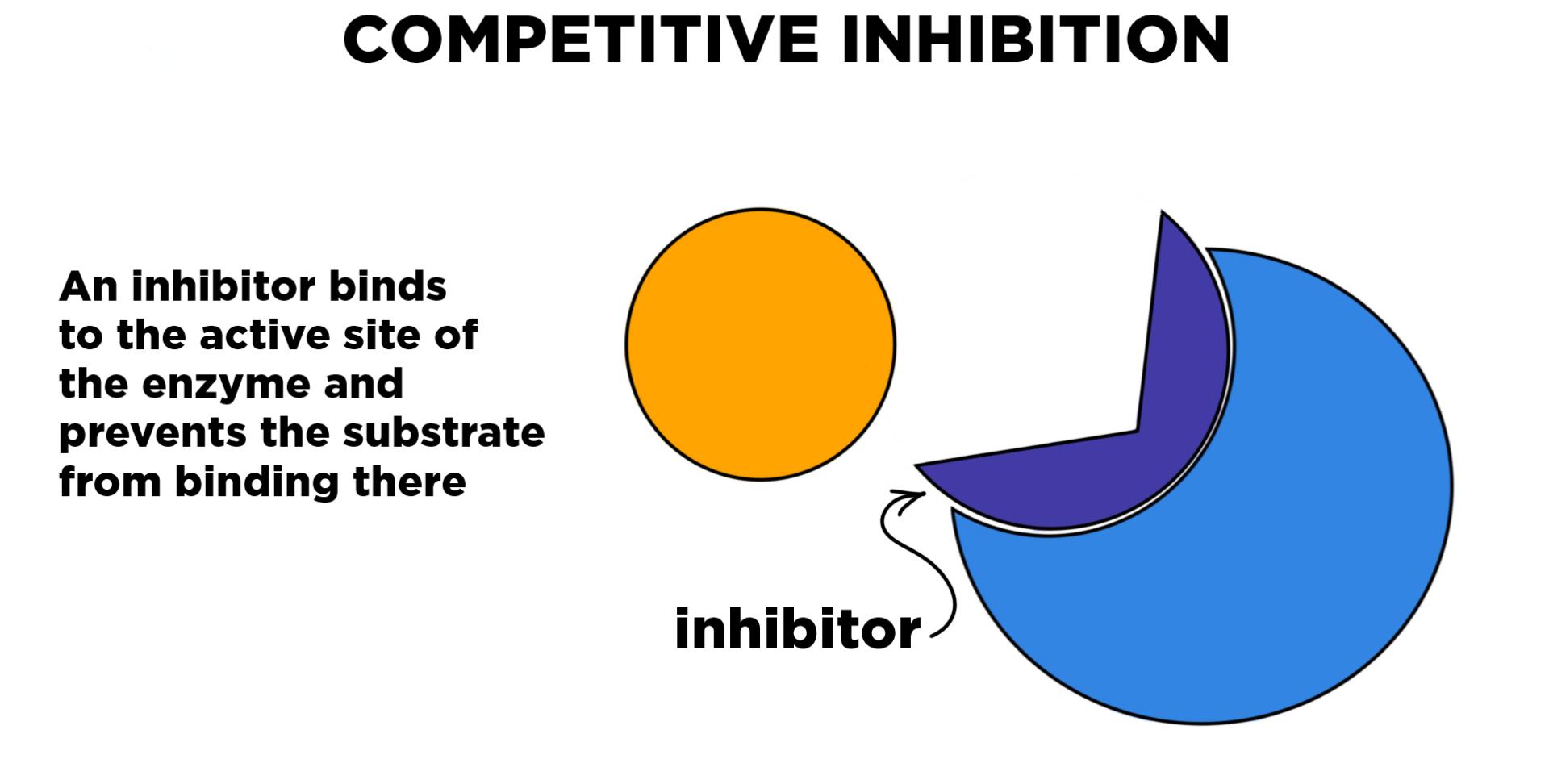
Enzyme inhibitors play a crucial role in regulating various biological processes within the human body. These compounds are known for their ability to bind to specific enzymes, thereby altering their activity and ultimately influencing essential biochemical reactions. Understanding the nature and function of enzyme inhibitors is vital in the fields of medicine and biochemistry. In this article, we will delve into nine key facts about enzyme inhibitors, shedding light on their significance, classification, and impact on human health. By exploring these facts, readers will gain a comprehensive understanding of how enzyme inhibitors operate, their diverse applications, and their implications for drug development and disease treatment. Whether you are a student of science, a healthcare professional, or simply curious about the inner workings of the human body, this article will provide valuable insights into the fascinating world of enzyme inhibitors.
Key Takeaways:
- Enzyme inhibitors are natural or synthetic molecules that regulate biological processes by interfering with enzyme activity. They are crucial in drug development, agriculture, and understanding disease mechanisms.
- Enzyme inhibitors play a vital role in maintaining the balance of biochemical processes in living organisms. They are present in everyday foods and are essential in scientific research, offering valuable insights into therapeutic targets.
Enzyme Inhibitors: Nature's Regulatory Agents
Enzyme inhibitors are natural or synthetic molecules that interfere with the normal functioning of enzymes. These substances play a crucial role in regulating various biological processes within the body.
They Can Be Classified into Different Types
Enzyme inhibitors can be categorized into various types based on their mode of action, including competitive, non-competitive, uncompetitive, and mixed inhibitors. Each type exerts its inhibitory effect through distinct mechanisms, influencing enzyme activity in specific ways.
They Are Essential in Drug Development
Enzyme inhibitors are integral in the development of pharmaceutical drugs. By targeting specific enzymes involved in disease processes, inhibitors can modulate enzyme activity, offering potential therapeutic benefits for various medical conditions.
They Play a Role in Understanding Disease Mechanisms
Studying enzyme inhibitors provides valuable insights into the underlying mechanisms of diseases. By identifying and characterizing inhibitors, researchers can gain a deeper understanding of the biochemical pathways involved in pathological conditions.
Enzyme Inhibitors Are Present in Everyday Foods
Many everyday foods contain natural enzyme inhibitors, such as fruits, vegetables, and grains. While these inhibitors are typically present in small quantities, they contribute to the overall dietary intake of these regulatory molecules.
They Have Applications in Agriculture
Enzyme inhibitors are utilized in agricultural practices to control pests and enhance crop protection. By targeting specific enzymes in pests or pathogens, inhibitors can effectively disrupt vital biological processes, contributing to pest management strategies.
Enzyme Inhibitors Are Involved in Regulatory Feedback Mechanisms
In biological systems, enzyme inhibitors participate in intricate feedback mechanisms, modulating enzyme activity to maintain homeostasis. This regulatory function is essential for ensuring the proper balance of biochemical processes within living organisms.
They Are Integral in Biochemical Research
Enzyme inhibitors serve as valuable tools in biochemical research, enabling scientists to elucidate enzyme functions and explore potential therapeutic targets. By studying the effects of inhibitors on specific enzymes, researchers can uncover valuable information relevant to various fields of study.
Enzyme Inhibitors: A Balancing Act in Biological Systems
Enzyme inhibitors play a pivotal role in maintaining the delicate balance of biochemical processes within living organisms. Their diverse applications in drug development, agriculture, and scientific research underscore their significance in understanding and manipulating biological systems.
This comprehensive overview highlights the multifaceted nature of enzyme inhibitors, shedding light on their pivotal roles in diverse domains, from fundamental biological regulation to the development of innovative therapeutic interventions.
Conclusion
In conclusion, understanding the role of enzyme inhibitors is crucial in comprehending various physiological and pathological processes in the human body. Enzyme inhibitors play a pivotal role in drug development, offering potential therapeutic interventions for a wide array of medical conditions. By modulating enzymatic activity, these inhibitors can effectively manage diseases such as cancer, hypertension, and infectious diseases. Furthermore, the intricate mechanisms of enzyme inhibition provide valuable insights for researchers and pharmaceutical companies, paving the way for innovative drug discovery and development. As ongoing research continues to unravel the complexities of enzyme inhibitors, the potential for groundbreaking medical advancements remains promising.
FAQs
What are the different types of enzyme inhibitors?Enzyme inhibitors can be classified into various categories, including competitive, non-competitive, uncompetitive, and mixed inhibitors. Each type exerts distinct effects on enzymatic activity, influencing the substrate binding and catalytic processes.
How do enzyme inhibitors contribute to drug development?Enzyme inhibitors serve as crucial targets for drug development, as they can modulate specific biochemical pathways associated with various diseases. By designing inhibitors that selectively target key enzymes, pharmaceutical researchers can develop innovative treatments with enhanced efficacy and reduced side effects.
Enzyme inhibitors play a crucial role in regulating biological processes, but there's still much to learn about their complex interactions. Curious minds might wonder how these molecules affect enzyme kinetics or what other fascinating facts await discovery. Exploring the intricacies of enzyme inhibition can lead to a deeper understanding of life's building blocks and their intricate dance within our cells.
Was this page helpful?
Our commitment to delivering trustworthy and engaging content is at the heart of what we do. Each fact on our site is contributed by real users like you, bringing a wealth of diverse insights and information. To ensure the highest standards of accuracy and reliability, our dedicated editors meticulously review each submission. This process guarantees that the facts we share are not only fascinating but also credible. Trust in our commitment to quality and authenticity as you explore and learn with us.
